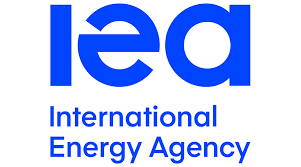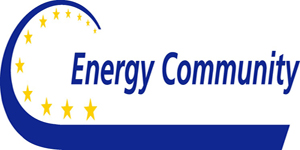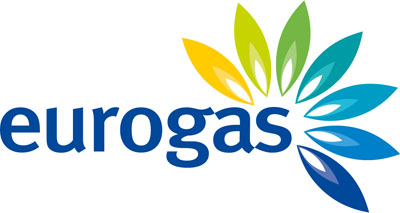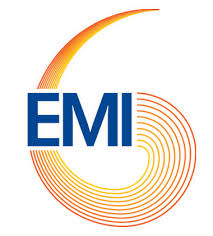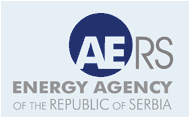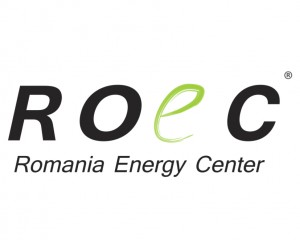Turkey is very well positioned to be a regional energy hub because of its geographical location and strong market but the government needs to liberalise the country’s energy sector to allow more competition in the Turkish market controlled by state-owned oil and gas company Botas, Independent Energy Consultant Yardakul Yigitguden told New Europe.
Yigitguden, who is the former coordinator of OSCE Economic and Environmental Activities in Turkey, said on June 13 that there is a "flourishing market” with a strong demand for natural gas in Turkey. "This functioning market that consumers are ready to pay high prices makes Turkey attractive,” he said in an interview on the sidelines of the 10th SE Europe Energy Dialogue by IENE in Belgrade.
"Azeri gas, Russian gas, Israeli gas, LNG (liquefied natural gas), can compete with each other and can be traded also with neighboring countries. But this needs decisive action of the government to liberalise the market,” Yigitguden said.
"It doesn’t mean that so many gas from so many resources arrive to Turkey makes Turkey immediately to an energy hub. You need to introduce, invite gas brokerage companies that can make trade hourly, daily, monthly of natural gas and LNG. The legal framework for it should to be prepared. Commercial terms need to be thought and the role of Botas needs to be discussed also in detail whether the government is ready to have more competition in the market or they want to have just one national champion that controls the market,” he told New Europe on the sidelines of the Belgrade event by the Institute of Energy for South East Europe.
Yigitguden, who is also a former under-secretary of Turkey’s Ministry of Energy and Natural Resources, noted that it is in the interest of the countries in Southeast Europe to get additional volumes of natural gas in the region, including gas from a proposed southern route for supplies from Russia to Europe, which will run across Turkey and Greece to Italy.
He reminded that Turkey is also part of the Southern Gas Corridor that will deliver Caspian gas to Europe via the Trans Anatolian Pipeline (TANAP) and the Trans Adriatic Pipeline (TAP).
The possibility of Turkish gas imports from Israel is also been considered.
"At the end, Turkey allowed, bought sources of natural gas — Russia and Azerbaijan — to bring additional gas to Turkey, to bring it to Europe and now the problem is not with Turkey, the problem is with European rules and regulation,” Yigitguden said.
"Some years ago, the South Stream project was killed by the Commission and, at the same time, to satisfy Gazprom it was said that Nord Stream could be extended and phase 2 could be built and all these countries’ representatives were very upset because the demand is in the Southeast Europe,” he said.
Asked about tensions between the EU and Turkey, he argued that Ankara does not have leverage in natural gas talks with the European Commission. "Turkey got its gas. Turkey made a lot of efforts to satisfy its own demand, its own supply security so it’s now the problem of the member countries of EU. I think they should negotiate with the Commission to find a solution,” Yigitguden said.
https://www.neweurope.eu/article/turkeys-energy-hub-hopes-hinge-market-liberalisation/




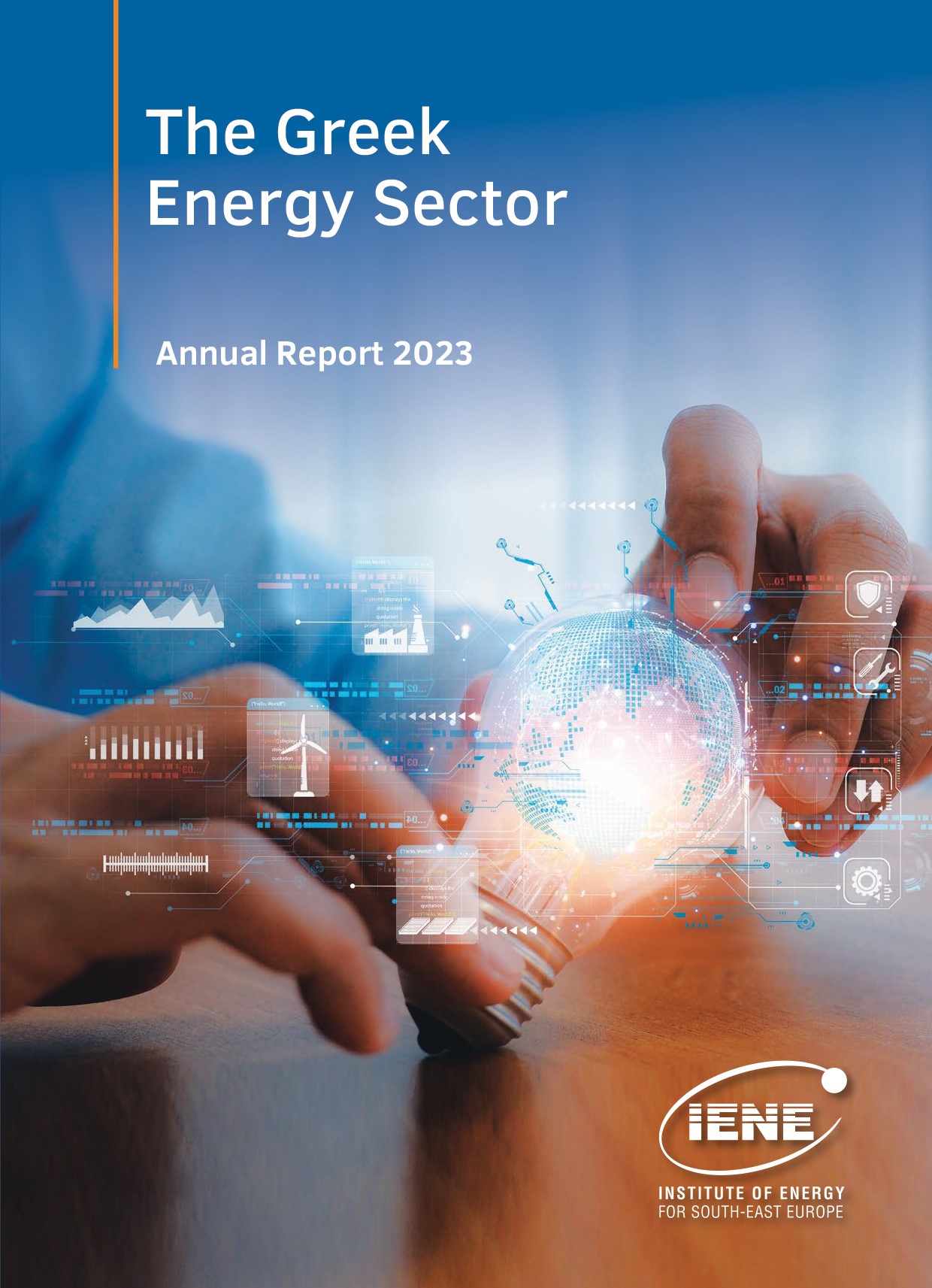

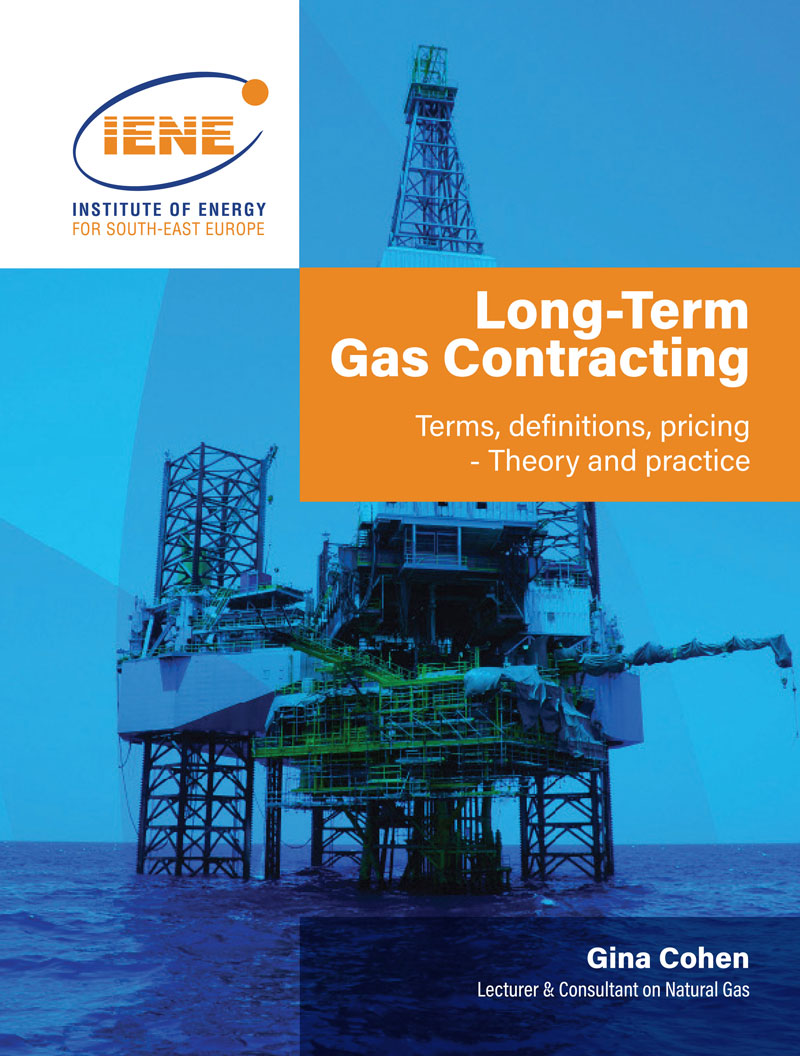 More
More
